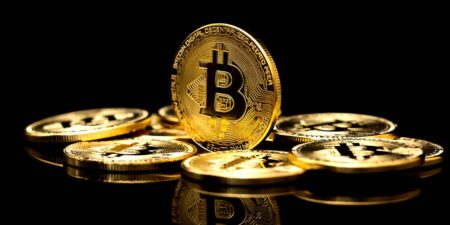By James Glynn
SYDNEY–Australia’s consumer prices rose by more than expected in the third quarter which may pressure the Reserve Bank of Australia to come off the sidelines and raise interest rates at its meeting next month.
The consumer-price index rose 1.2% on the quarter and 5.4% on the year, the Australian Bureau of Statistics said Wednesday. The data beat market expectations, with core measures of inflation also coming in higher than economists had expected.
The data comes a day after RBA Gov. Michele Bullock warned that the central bank was prepared to tighten policy settings further if the data showed inflation was gathering renewed momentum.
“There are risks that could see inflation return to target more slowly than currently forecast. The board will not hesitate to raise the cash rate further if there is a material upward revision to the outlook for inflation,” she told a conference for money market participants on Tuesday.
The RBA has held the official cash rate at 4.1% since July, having raised it a record 12 times starting May 2022.
The third-quarter inflation data will be the basis for a review of the RBA’s economic forecasts, which will underpin decision-making at the central bank’s policy meeting on Nov. 7.
The RBA currently forecasts that inflation won’t be near the mid-point of its 2% to 3% inflation target until late 2025, a trajectory that is less aggressive than most other central banks, as it aims to preserve recent gains in the job market.
“Today’s release reveals that the material benchmark has been more than met,” said Stephen Miller, a market analyst at GSFM. An interest rate increase next month is a “near certainty,” he added.
The most significant contributors to the third quarter rise in CPI were higher prices for automotive fuel, rents, new dwellings, and electricity, the ABS said. Automotive fuel rose 7.2%, the largest quarterly rise since March 2022.
Rents rose 2.2%, following a 2.5% rise in the second quarter with rental price growth for apartments continuing to outpace price growth for houses, the ABS said.
Electricity prices rose 4.2% reflecting higher wholesale prices being passed on to customers from annual price reviews in July.
However, fruit and vegetable prices fell over the quarter due to favorable growing conditions, while childcare costs fell 13.2%.
Write to James Glynn at [email protected]
Read the full article here













